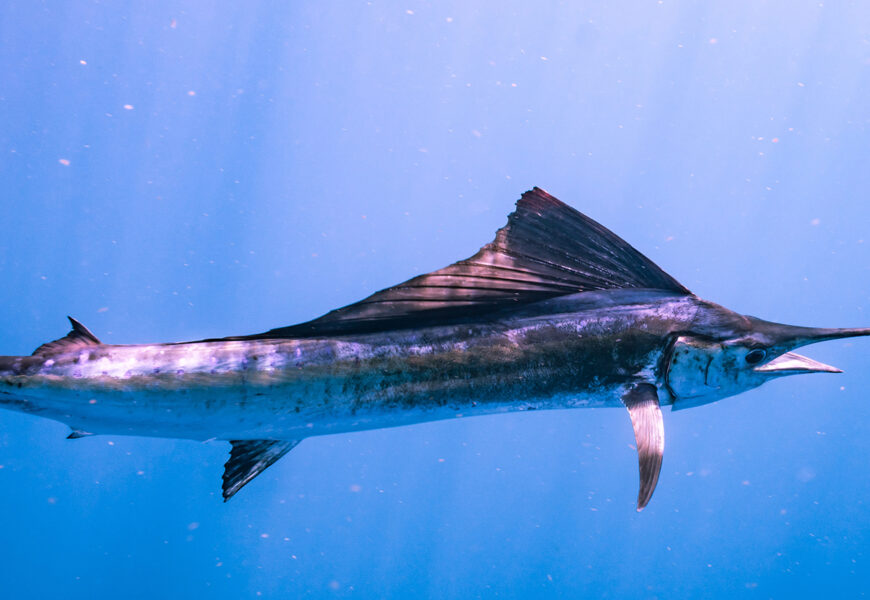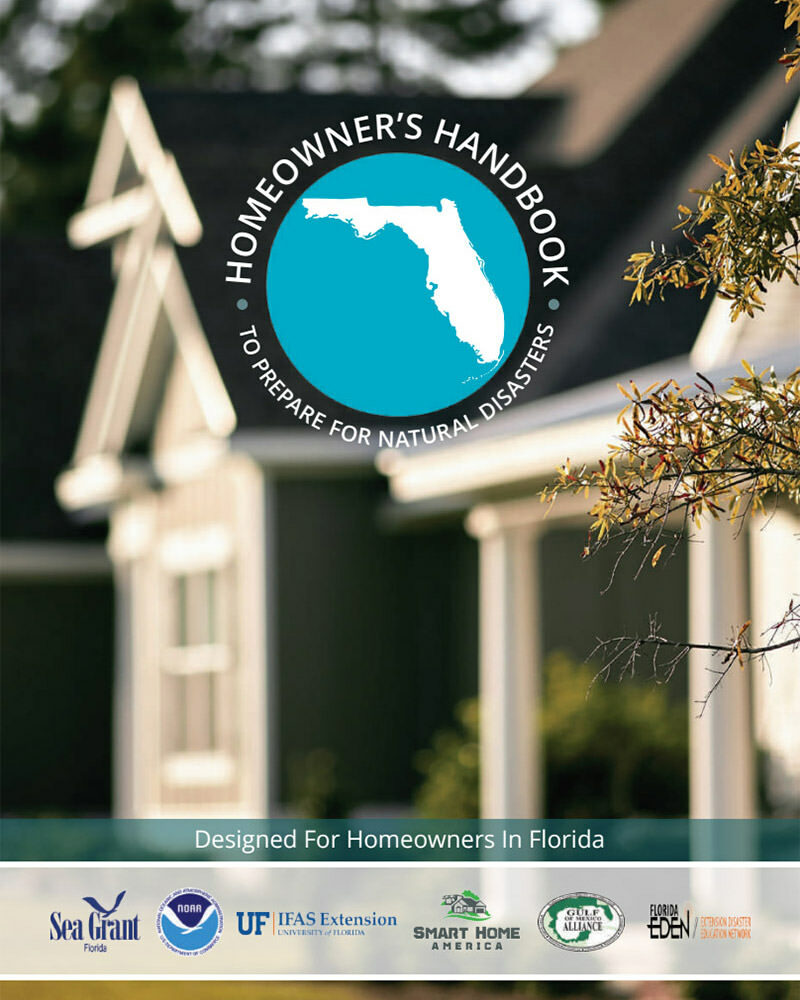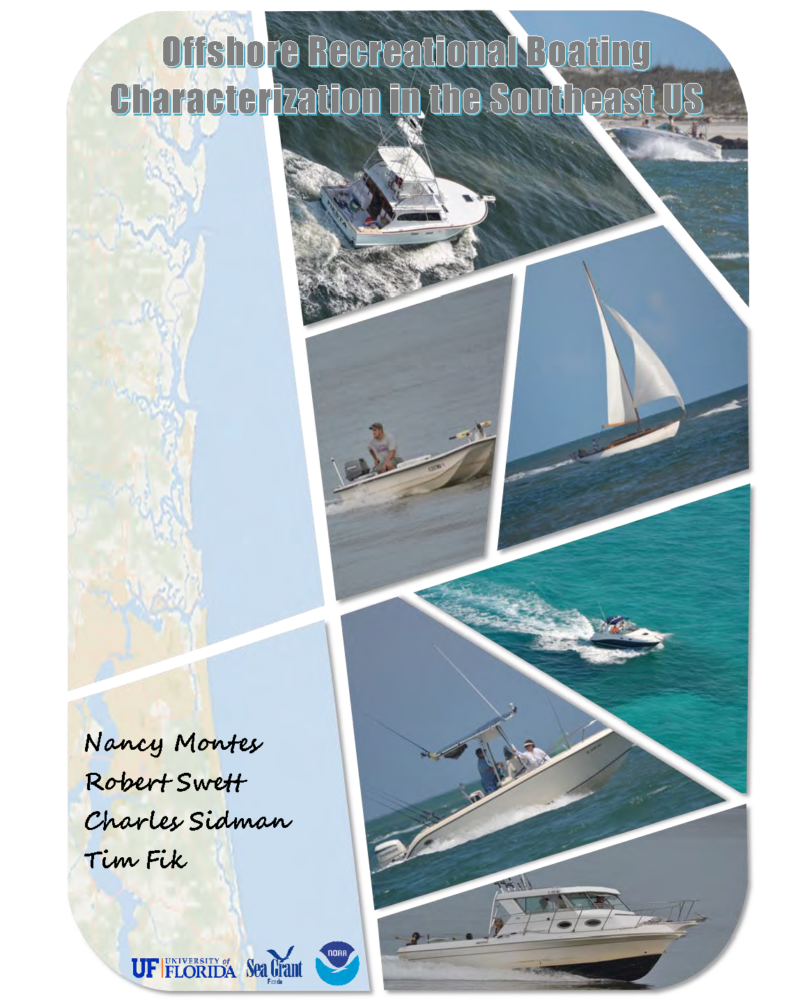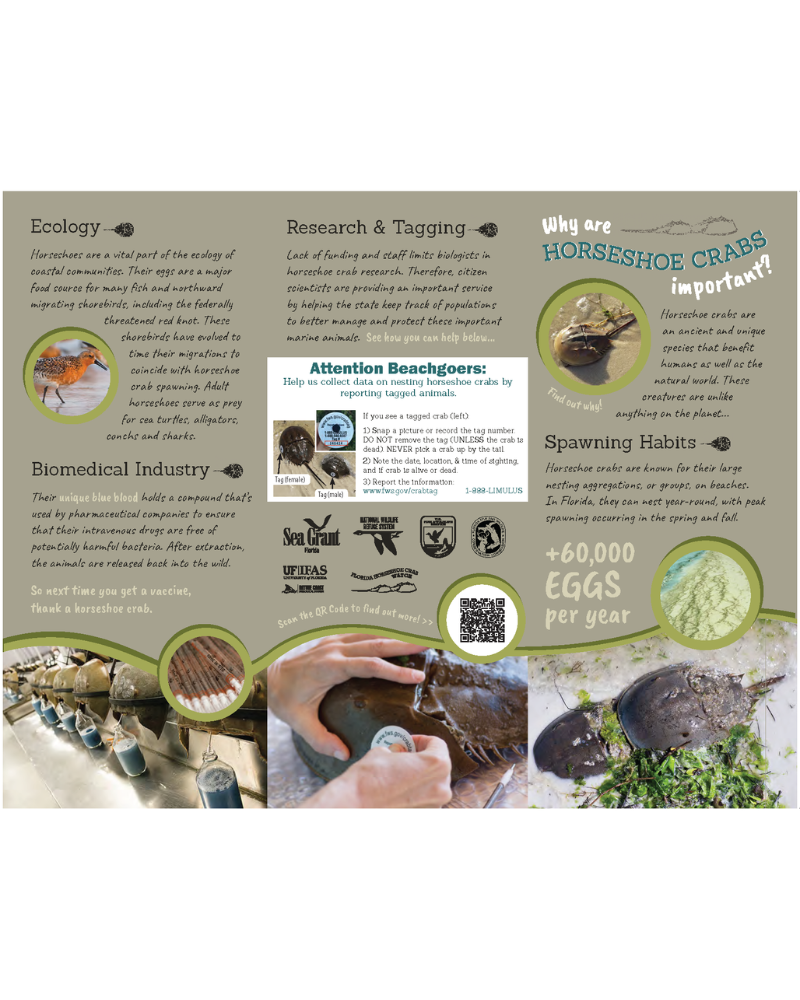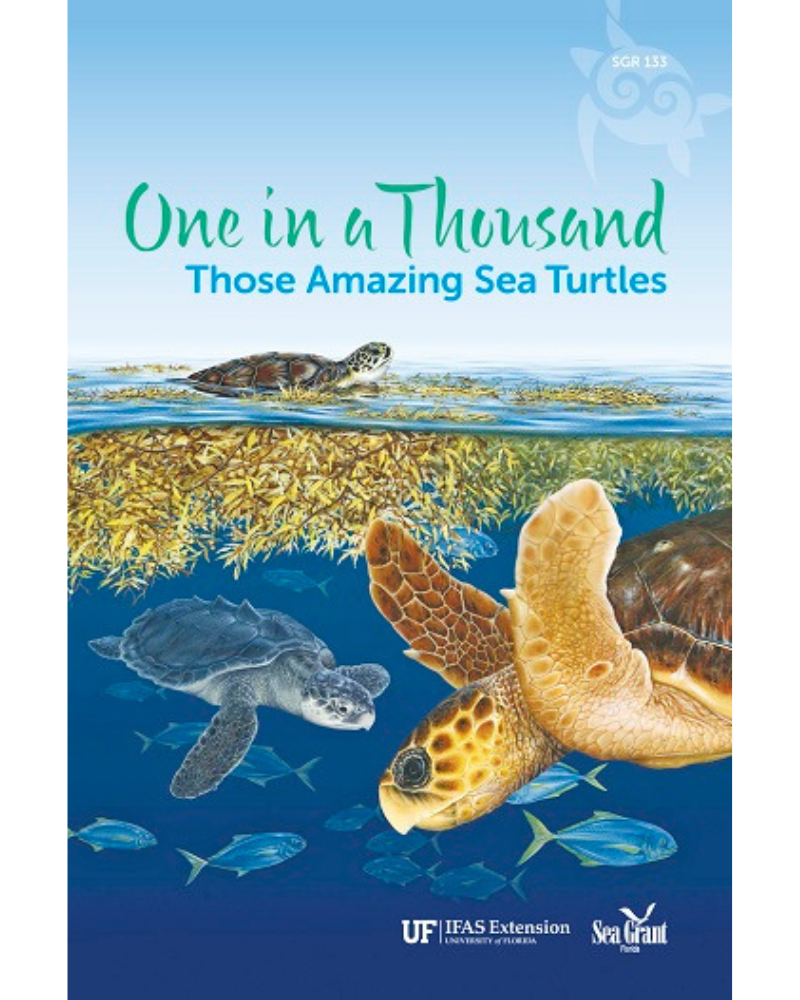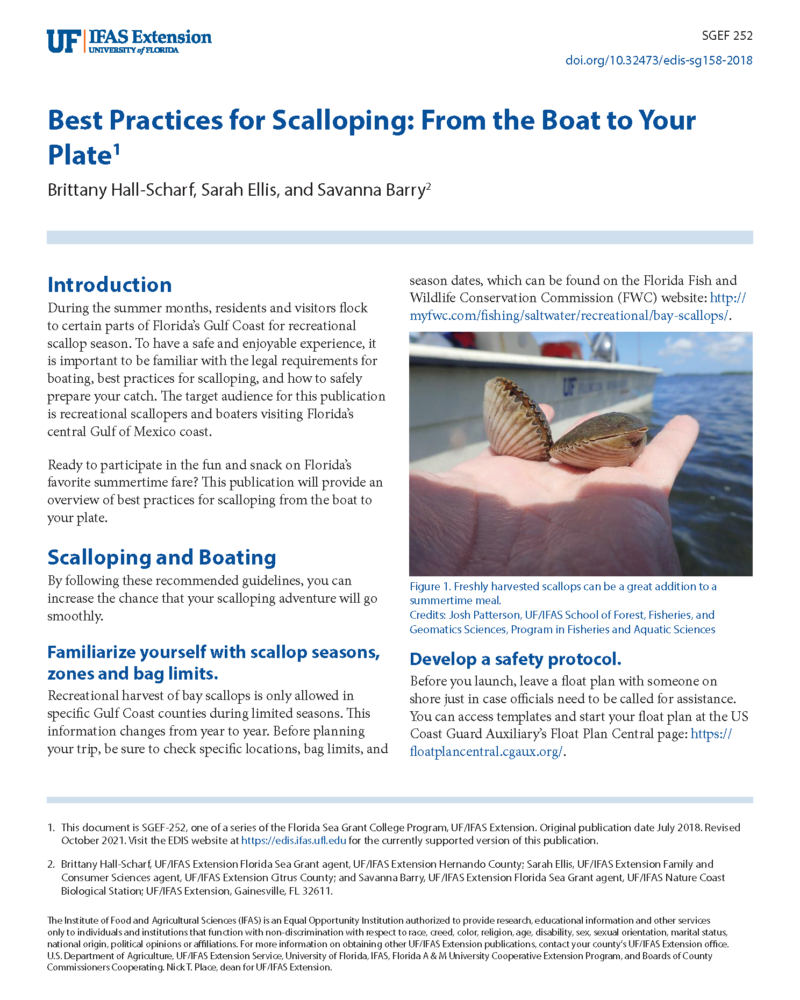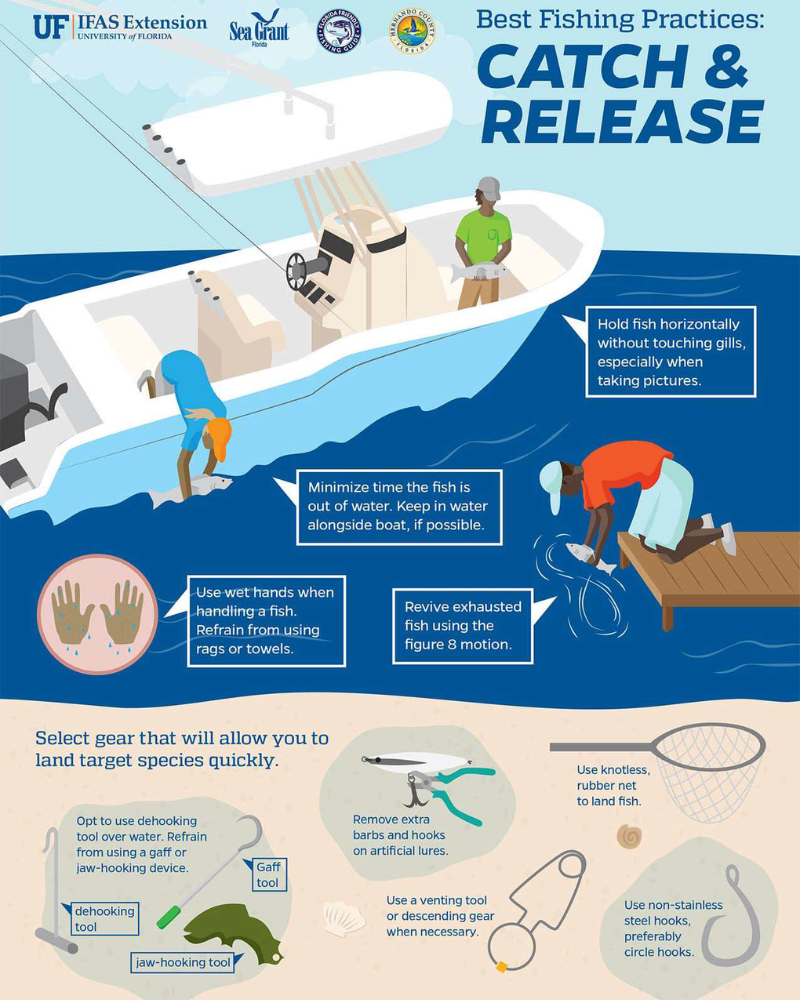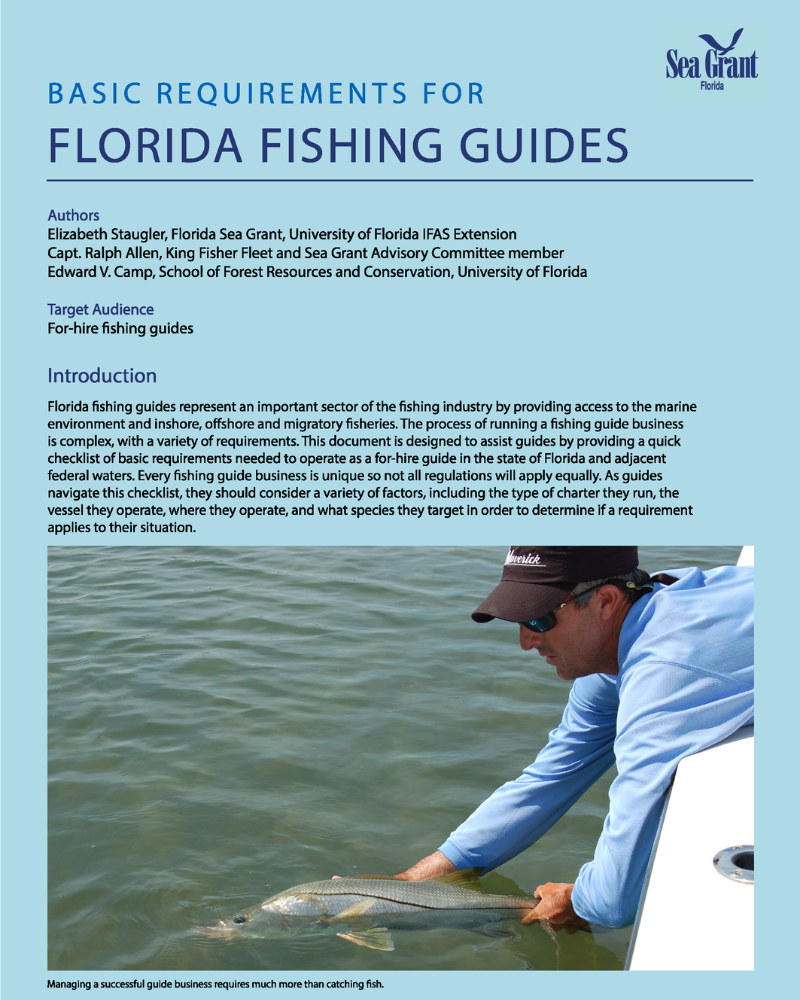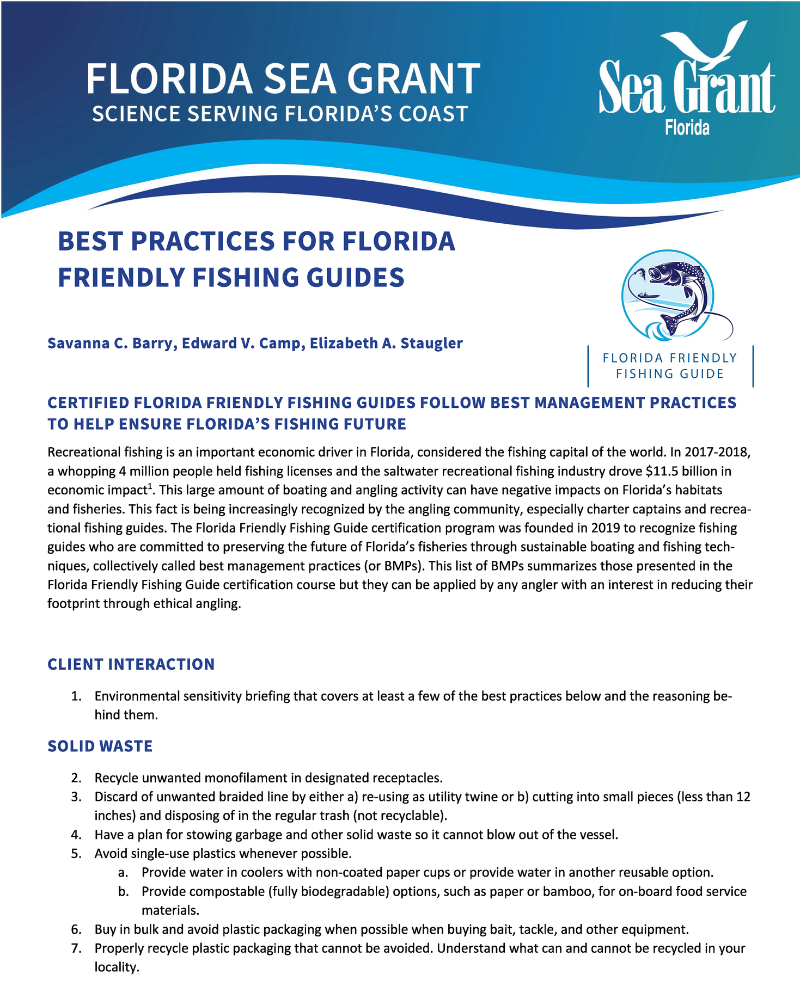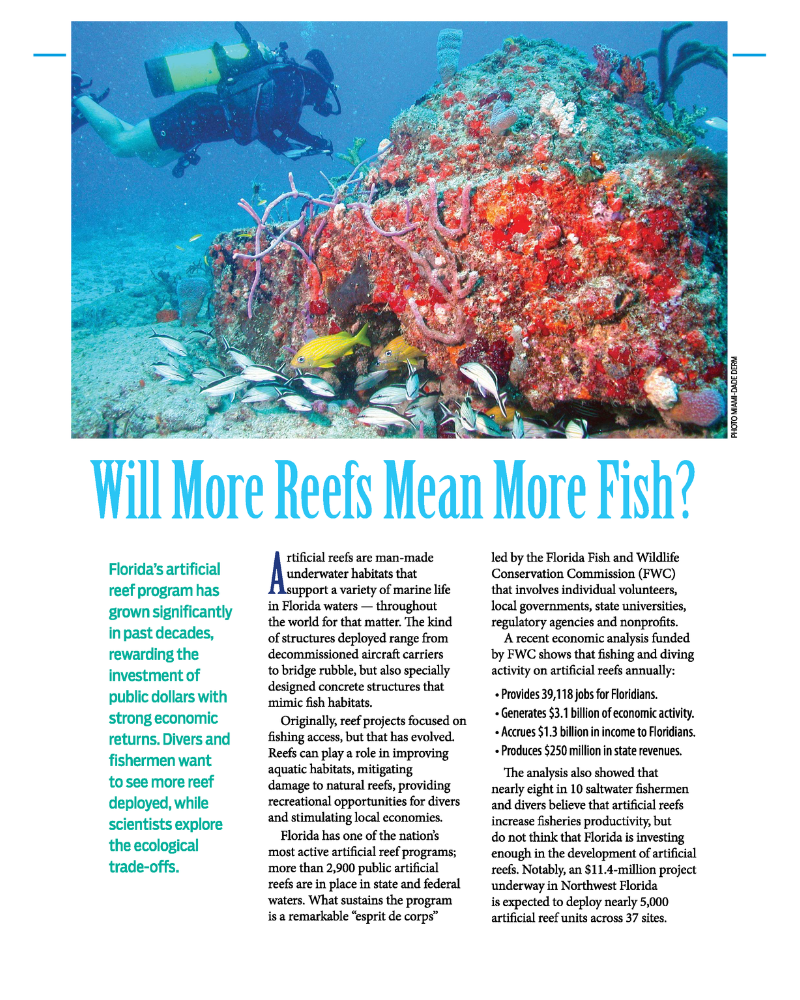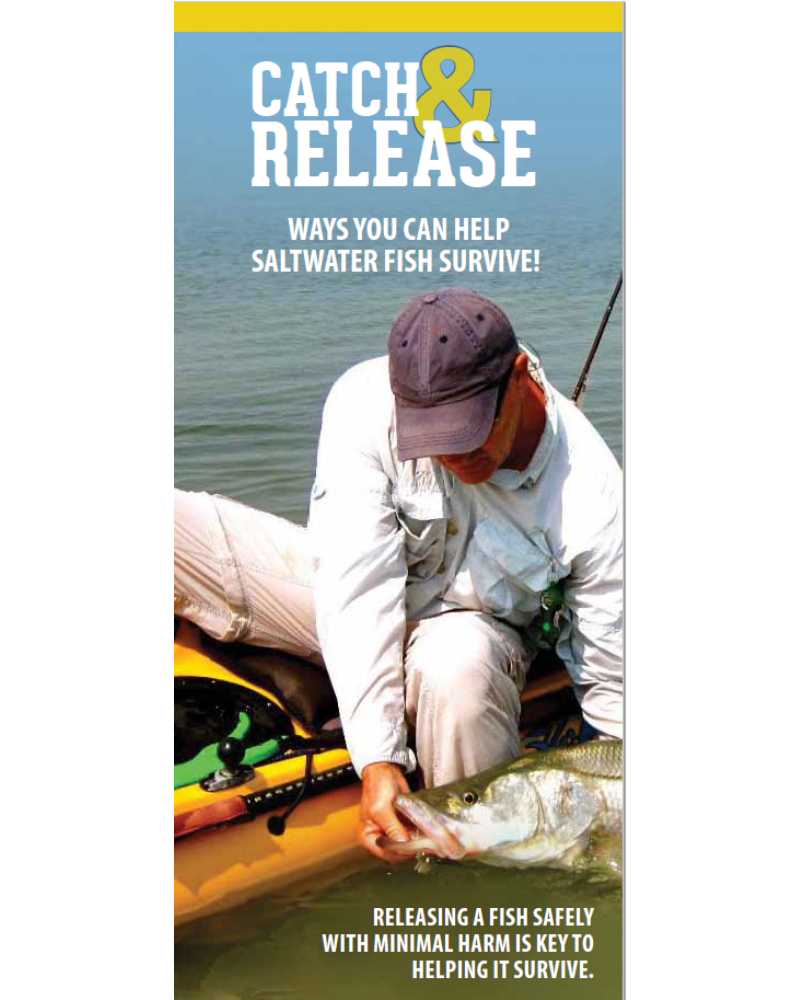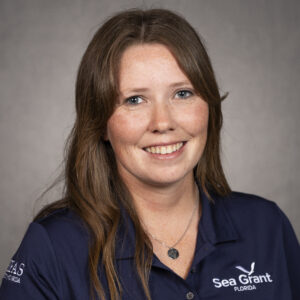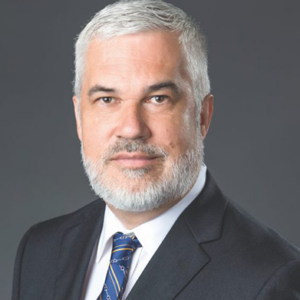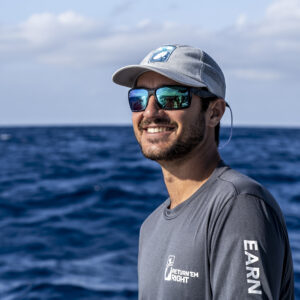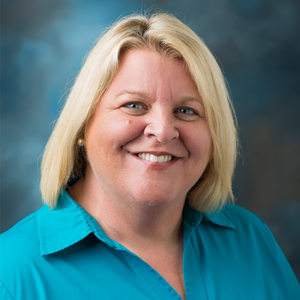Fisheries
Sustaining Marine Fisheries
From monitoring Florida’s marine finfish and invertebrates to help restore populations to providing comprehensive education to anglers, fishermen and seafood consumers, Florida Sea Grant efforts support fisheries management that enhances stocks and support the fishing experience for all.
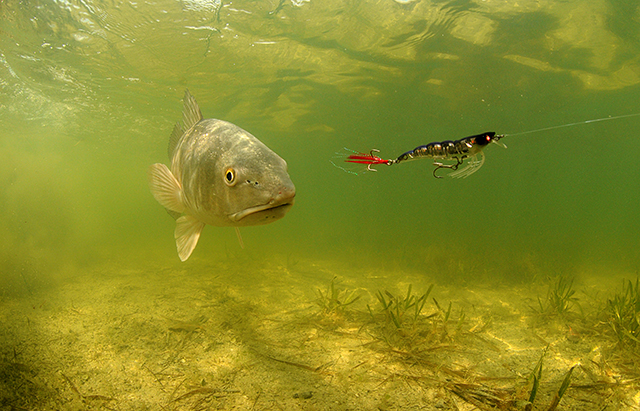
Recreational and commercial fisheries are multi-billion-dollar industries in Florida. Increasing demands for both high-quality seafood products and memorable recreational fishing opportunities have placed increased pressure on finfish and shellfish stocks that inhabit the coastal waters of Florida. This increased pressure has increased management (e.g., seasonal closures and size limits), and a need for effective stakeholder education and communication regarding fisheries regulations and best practices.
Attention has recently focused on the importance of successful release for reef fish that are susceptible to barotrauma, a pressure (baro) related injury (trauma) that fish experience when reeled up from depth. Reducing overall mortality is key to sustaining the state’s commercial and recreational fisheries and enhancing Florida fishing opportunities for future anglers. While maintaining sustainable levels of overall mortality is a fishery management target, the commercial and recreational fisheries are managed and monitored differently. For example, regulations and monitoring strategies vary by sector (recreational, for-hire or commercial), and may depend on the specific fishery as well as where it takes place (e.g., state vs. federal waters). In addition, several commercial reef fish stocks are managed using individual quota programs, which allow for market transactions to affect who is able to catch and land fish.
As a result, research and extension often focuses not only on the biology or ecology of a stock but also the socioeconomic and management instruments that affect social and community outcomes.
Florida Sea Grant supports fisheries management, including using the citizen science model to collect data and help restore populations and helps to foster and share information on current state regulations and efforts to enhance stocks and support the fishing experience. Florida Sea Grant supports recreational anglers and commercial fishermen with education programs.

Dave McCleaf
fisheries
Programs
& Initiatives
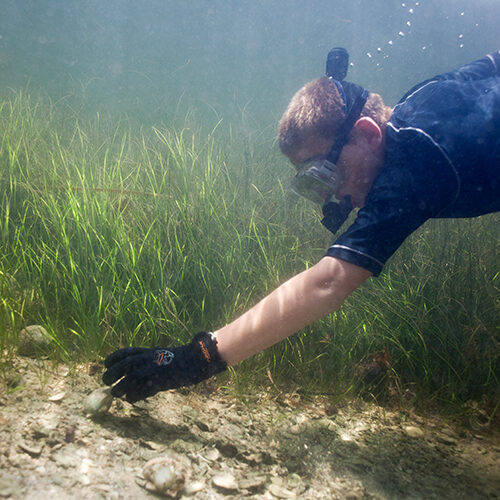
Recreational Scalloping Best Practices
Florida Sea Grant educates on best practices when recreationally scalloping in Florida, as well as county-specific training about bay scallop harvesting regulations throughout the harvest region.
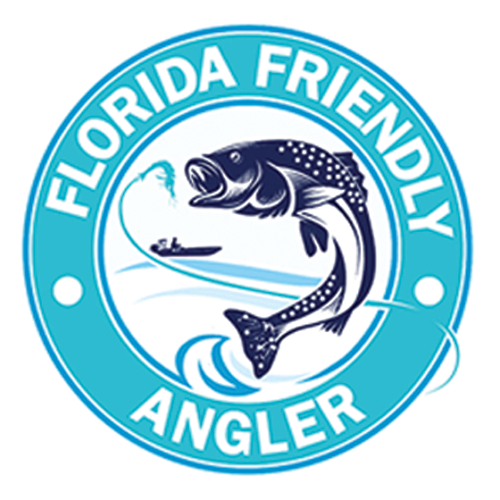
Florida Friendly Angler Program
This FREE online course is for both new anglers and experienced fishermen looking to educate themselves on fisheries management and up their fishing game by learning skills and practices that help ensure fishing opportunities for the future.
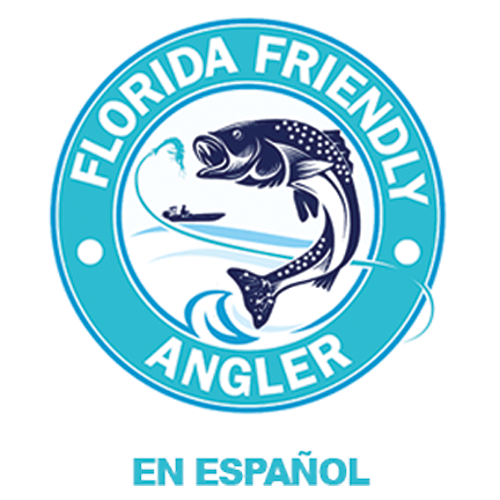
Florida Friendly Angler En Español
Este curso GRATUITO en línea está dirigido tanto a pescadores nuevos como a pescadores experimentados que buscan educarse sobre la gestión pesquera y mejorar su juego de pesca aprendiendo habilidades y prácticas que ayuden a garantizar oportunidades de pesca para el futuro.
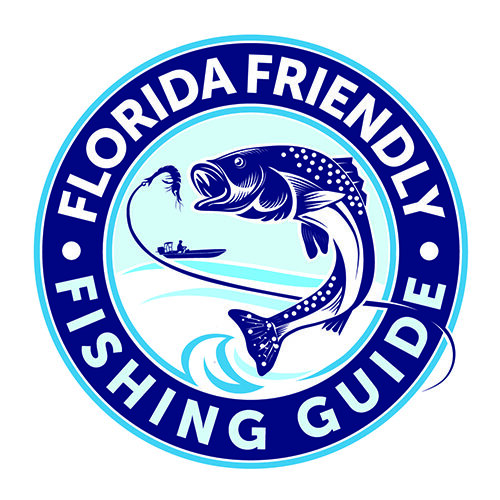
Florida Friendly Fishing Guide Certification Program
This ongoing program trains and promotes fishing guides who are committed to preserving the future of Florida’s fisheries through sustainable boating and fishing techniques.
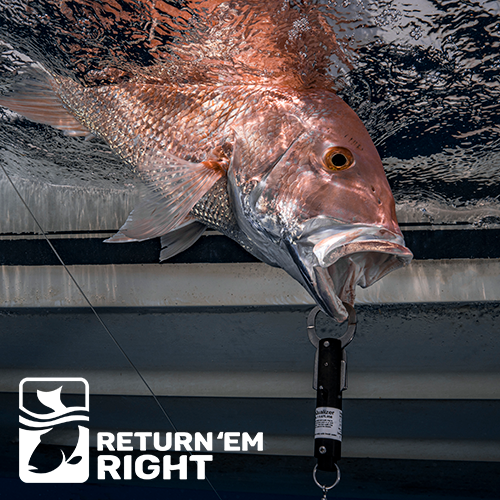
Return 'Em Right
This angler-driven program provides training and free release gear to Gulf of Mexico reef fish anglers that are committed to using best release practices and helping the future of the fishery. Join the community and take the training today!
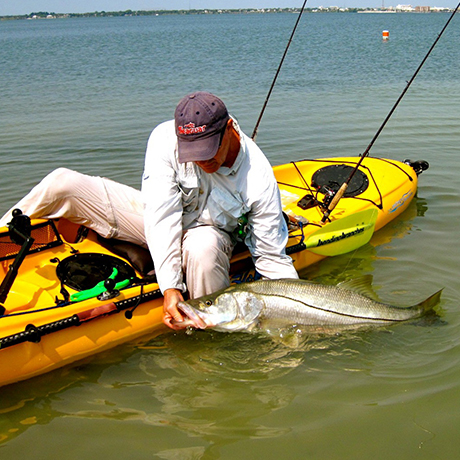
CatchandRelease.org
Catchandrelease.org provides research and information to help recreational fishermen learn sustainable fishing practices with a goal of reducing discard mortality of fish.
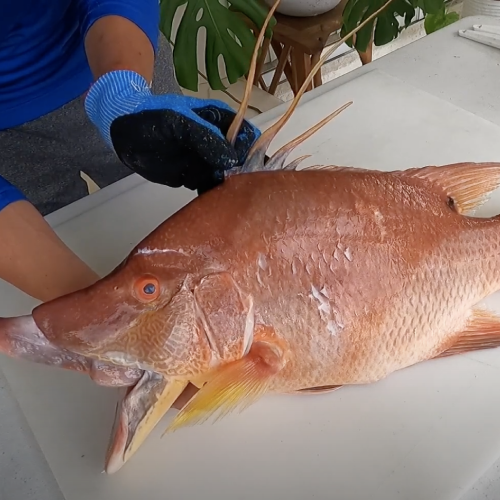
Fish Filet Fridays
Safe, sustainable catches, from dockside to dinnerplate! Learn how to prepare species of fish that are commonly caught in Florida.
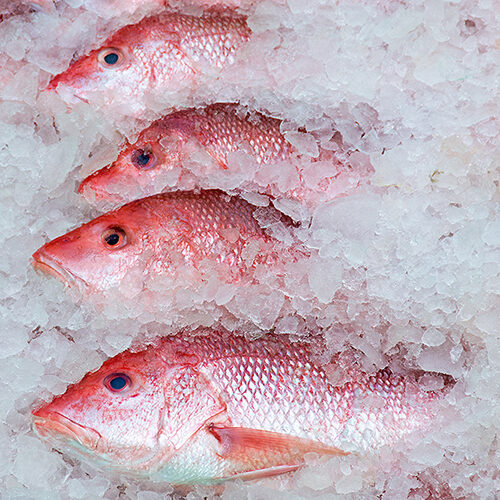
Gulf of America IFQ Pricing Report
A new, quarterly report out of Florida Sea Grant is providing a snapshot of the Gulf of America red snapper and grouper-tilefish Individual Fishing Quota (IFQ) markets for fishermen and dealers in the fishery. IFQ participants can view past reports or contribute to future reports by signing up to receive quarterly pricing surveys.
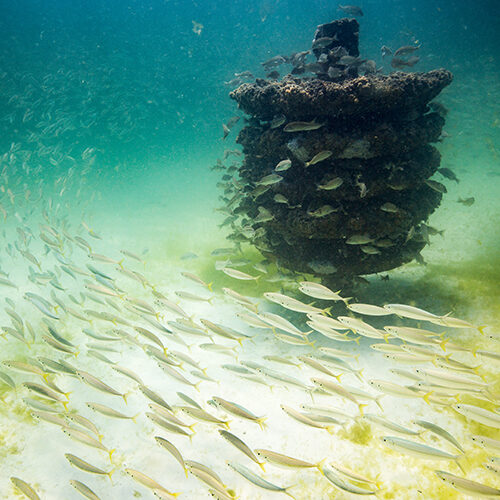
Artificial Reef Deployment & Monitoring
Florida Sea Grant agents help coordinate deployment and monitoring of artificial reefs in their counties, and communicate the availability of such reefs to local constituents to foster increased fishing opportunities.
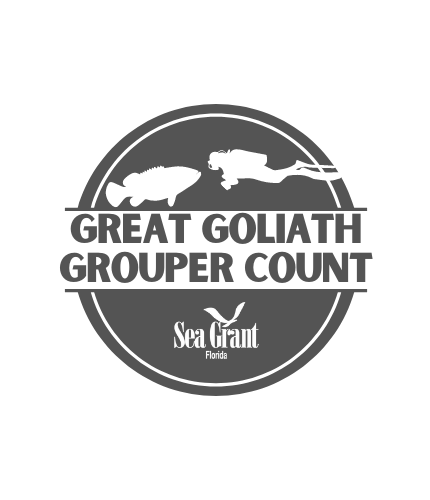
Great Goliath Grouper Count
In ongoing efforts to enhance population data about goliath grouper, which has been protected from harvest since 1990, FSG trains volunteers to conduct goliath grouper surveys on Florida artificial reefs for the annual Great Goliath Grouper Count. Data are provided to Florida Fish and Wildlife Conservation Commission for use in stock assessment.
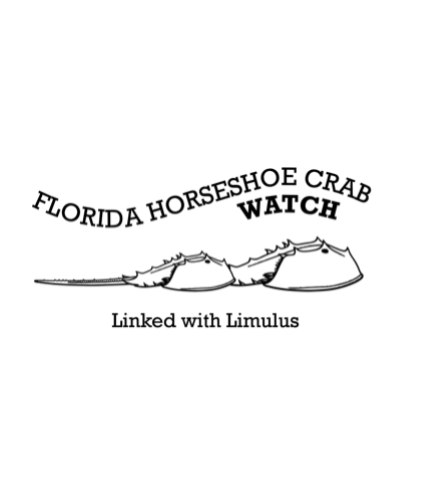
Florida Horseshoe Crab Watch
Volunteers are trained to tag horseshoe crabs and clientele learn to report sightings to The U.S. Fish and Wildlife Service and Florida Fish and Wildlife Conservation Commission. These data help with fisheries management decisions
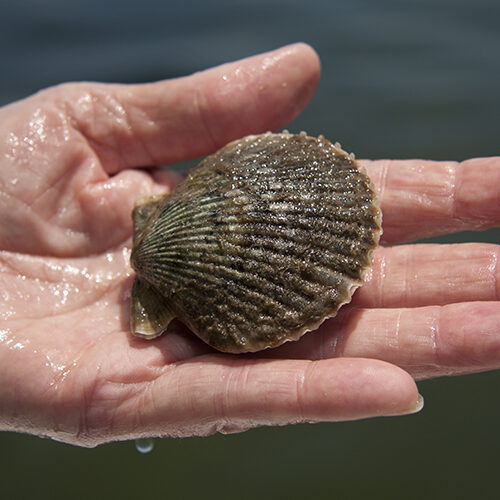
Scallop Sitters and Scallop Searches
The Scallop Sitters program trains volunteers to grow out scallops for restoration efforts in the Gulf of America. The Scallop Searches program uses citizen volunteers to help conduct grid-based surveys of the wild stock in areas without monitoring by the state and/or depletion has been observed.
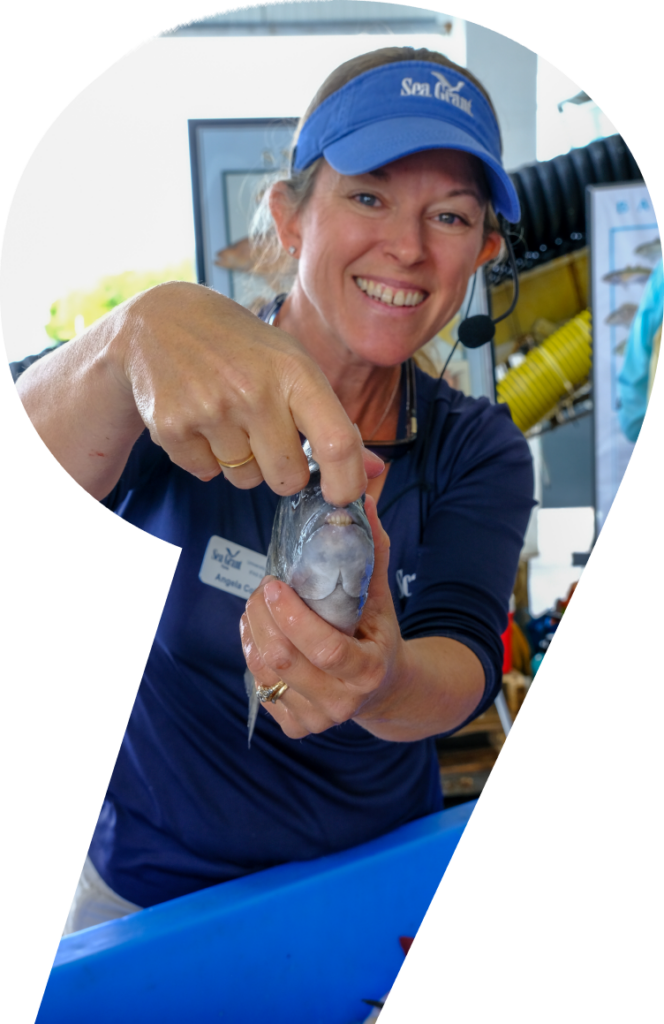
Featured Scientist
Dr. Angela
Collins
UF/IFAS Extension Scientist,
Marine Fisheries & Shellfish Aquaculture
When you’re picking an item off of the menu or at the restaurant or buying seafood at the grocery store, just knowing that you want to protect the ocean helps you make better decisions as a consumer.
Featured Scientist
Dr. Angela Collins
UF/IFAS Extension Scientist,
Marine Fisheries & Shellfish Aquaculture
Fisheries
Latest
News
Publications & Resources
Browse and download our science-backed fisheries products created by faculty experts.
Faculty Experts
Looking for answers or resources on fisheries? Reach out to our faculty experts listed below.
